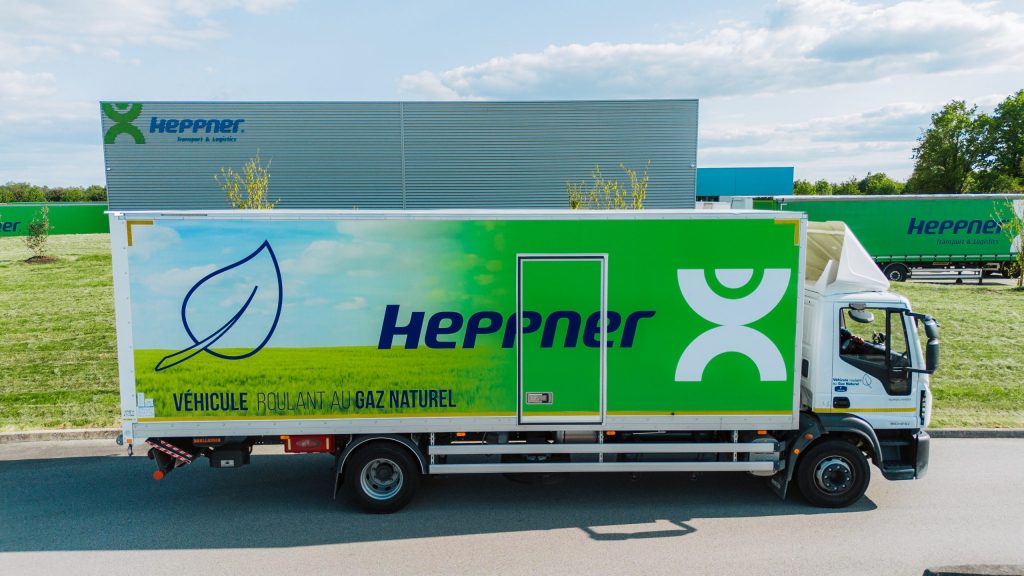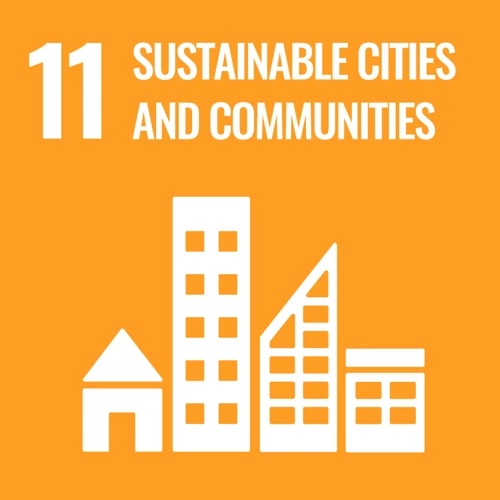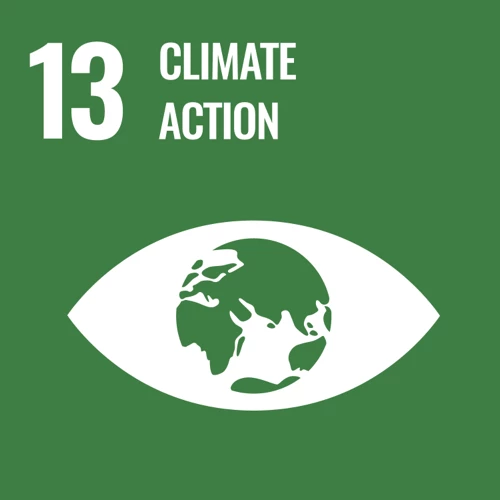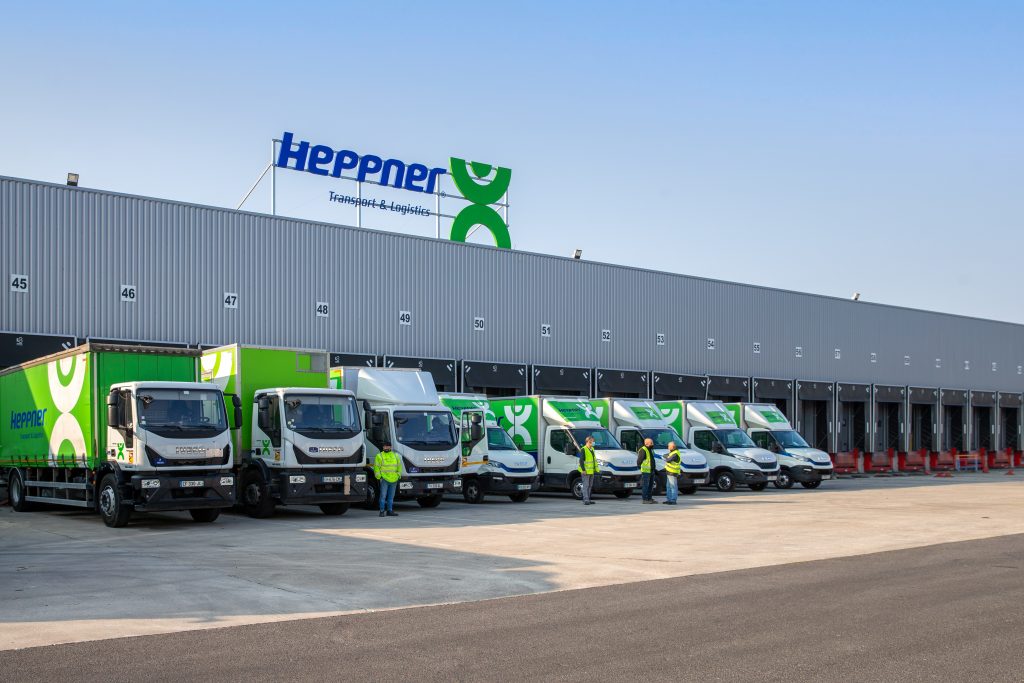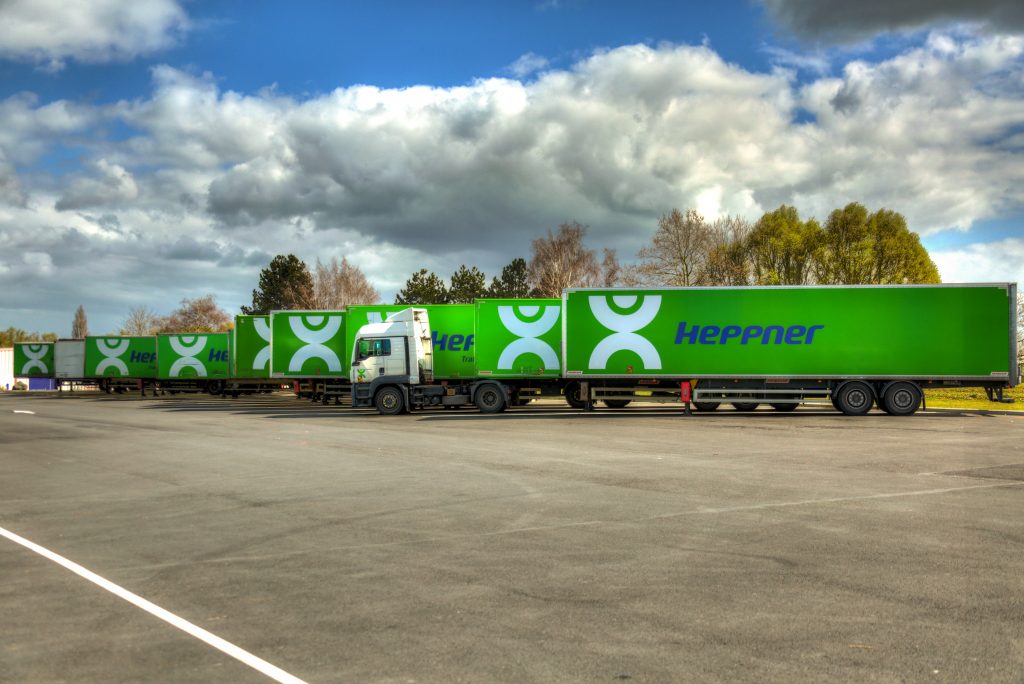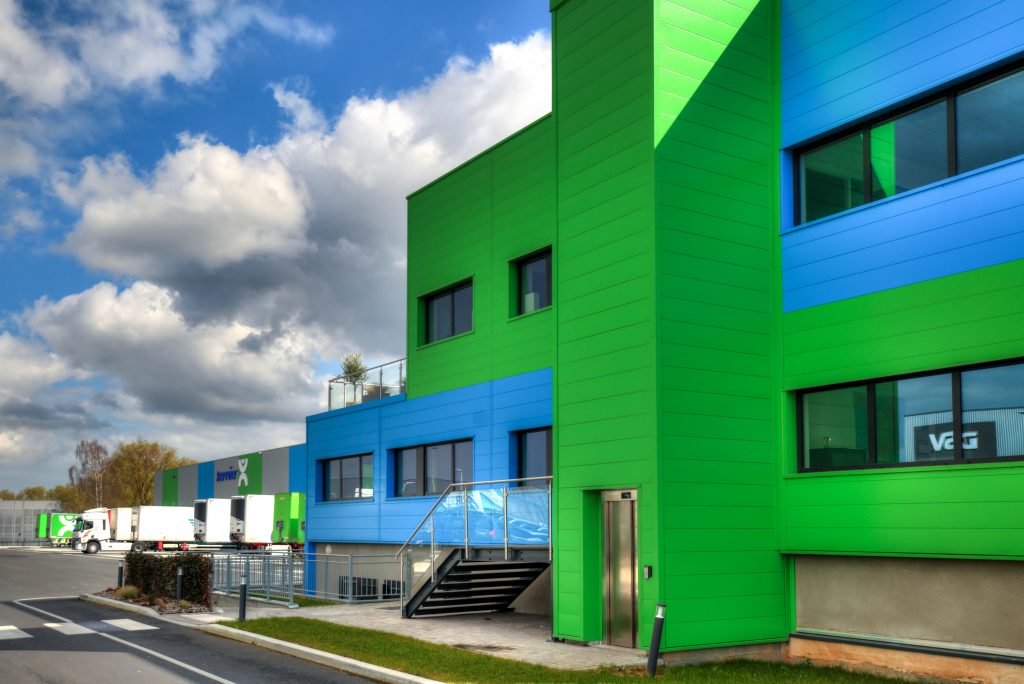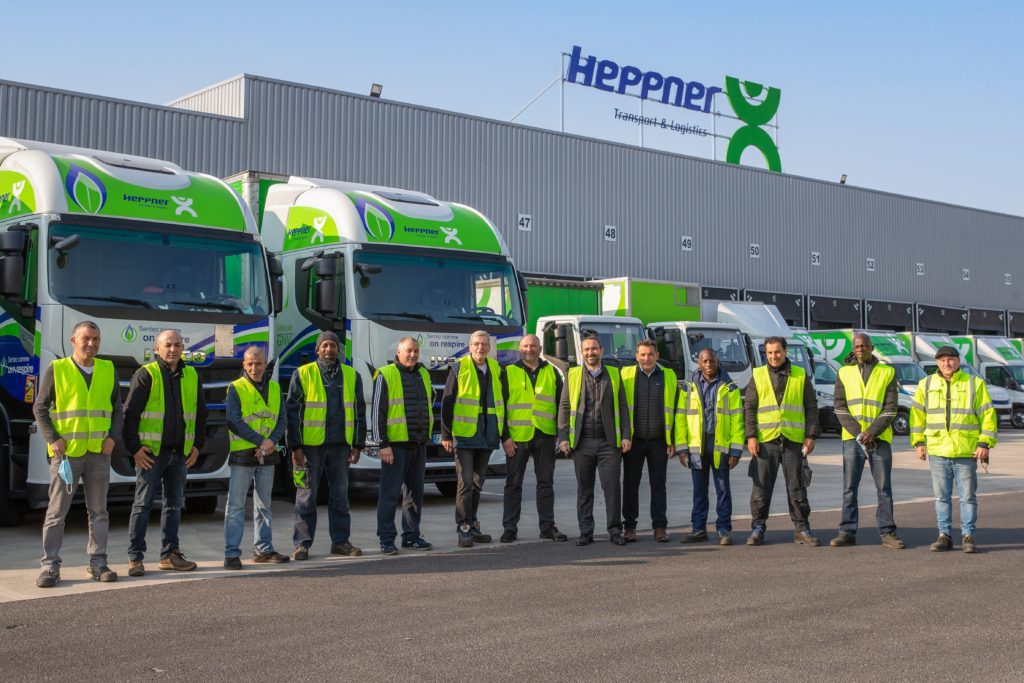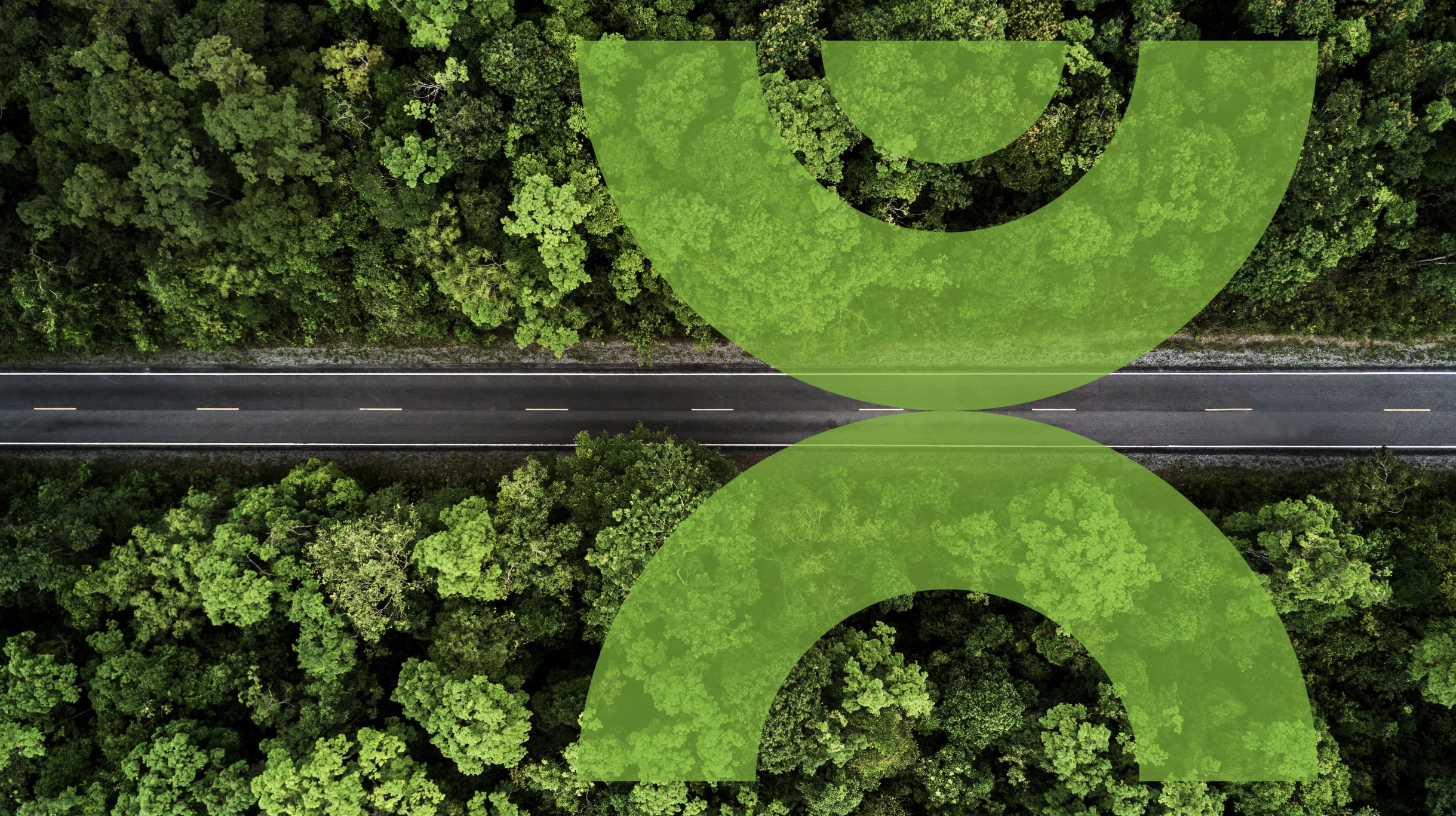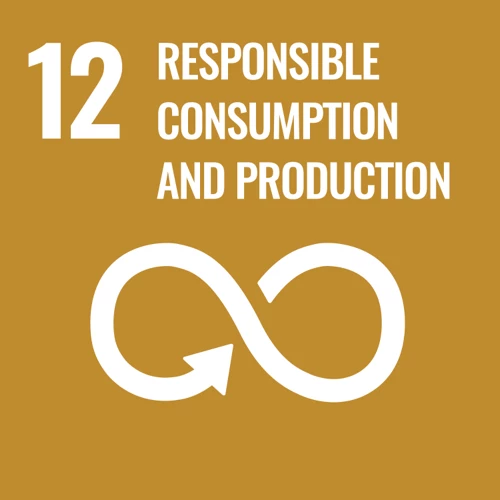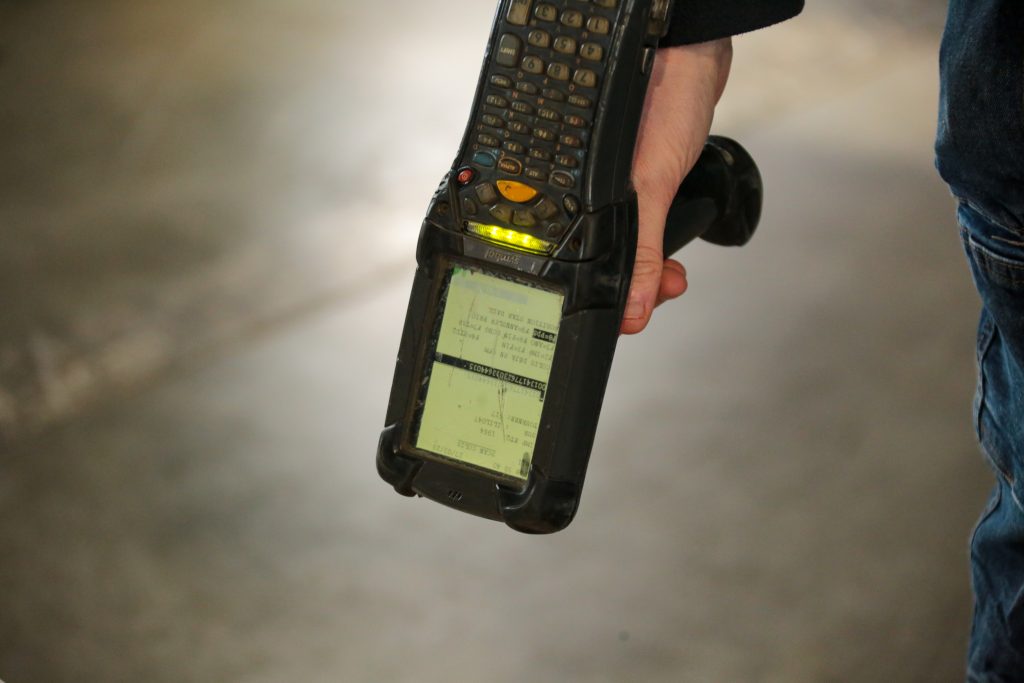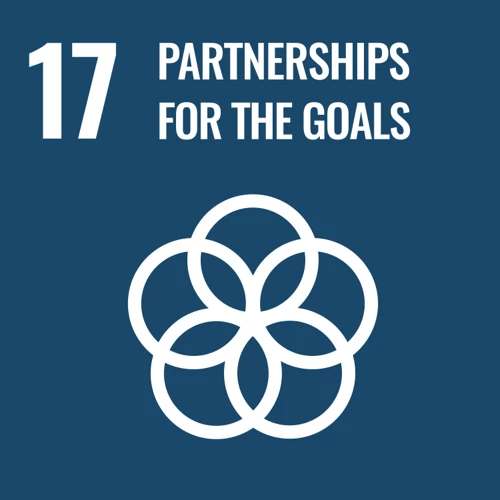Heppner's decarbonisation plan was defined in 2021
The Group is working in all possible action areas to reduce its emission factors; it expects to have this plan validated by the SBTi by the end of first quarter of 2024. In 2022 and 2023, its action plan was based primarily on:
- Scope 1: evolution of the energy mix of the Group’s fleet with the conversion of its heavy goods vehicles to NGV and bio-CNG. In addition, since 2022, it has started using biofuels and is committed to electrifying its urban truck fleet. The eco-driving training plan for drivers also significantly reduces fuel consumption. Replacing gas-powered forklift trucks with electric trucks has also been a key lever in reducing Scope 1 greenhouse gas emissions.
- Scope 2: the Deepki monitoring tool, in place since 2022, enables real-time monitoring of energy consumption in all of the Group’s buildings. 50 energy representatives take part in implementing Heppner’s energy sobriety plan. It precedes the energy efficiency plan based on the renovation of the Group’s buildings for heat and energy efficiency. In addition, a budget of €2.5 million was allocated in 2023 to modernise our lighting with an innovative, connected LED solution. This solution was deployed in 2023 at more than 15 sites. Initial results have been very positive (energy consumption has been reduced by up to 90% in some sites recently fitted with LEDs).
- Scope 3: to extend its decarbonisation action beyond its own fleet, Heppner is developing modal shift solutions where possible (piggybacking, barge transport, etc.) and is continuing to support its subcontractors in their own carbon reduction efforts with its Energy Transition Pact. Since 2022, the Group has also been using the Klaxit car-sharing solution for commuting between home and work, and in 2023 it introduced a sustainable mobility package enabling employees to combine different, greener modes of transport.
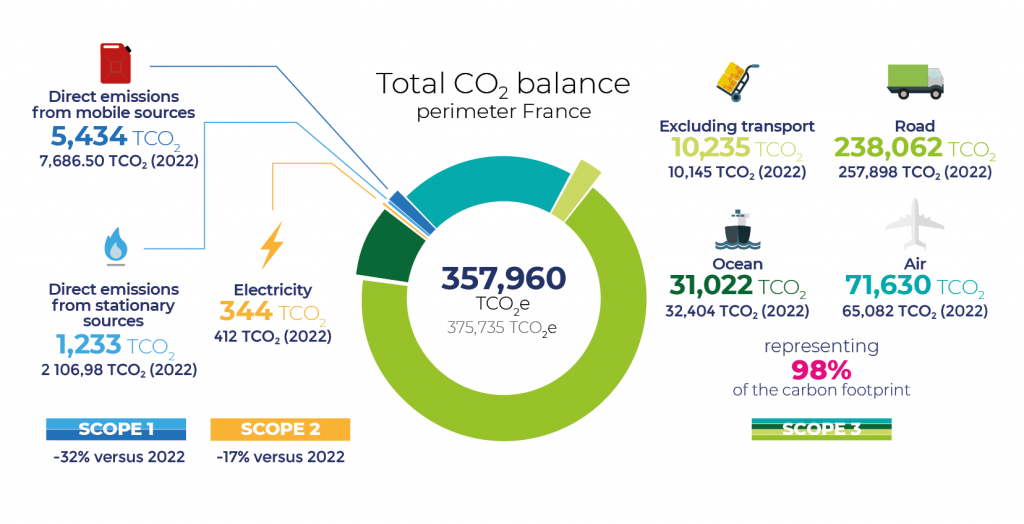
Heppner has joined the SBTi (Science Based Targets initiative)
This undertaking, signed in October 2022, provides Heppner with an external validation of its decarbonisation plan, which the Group will finalise by the end of 2024.
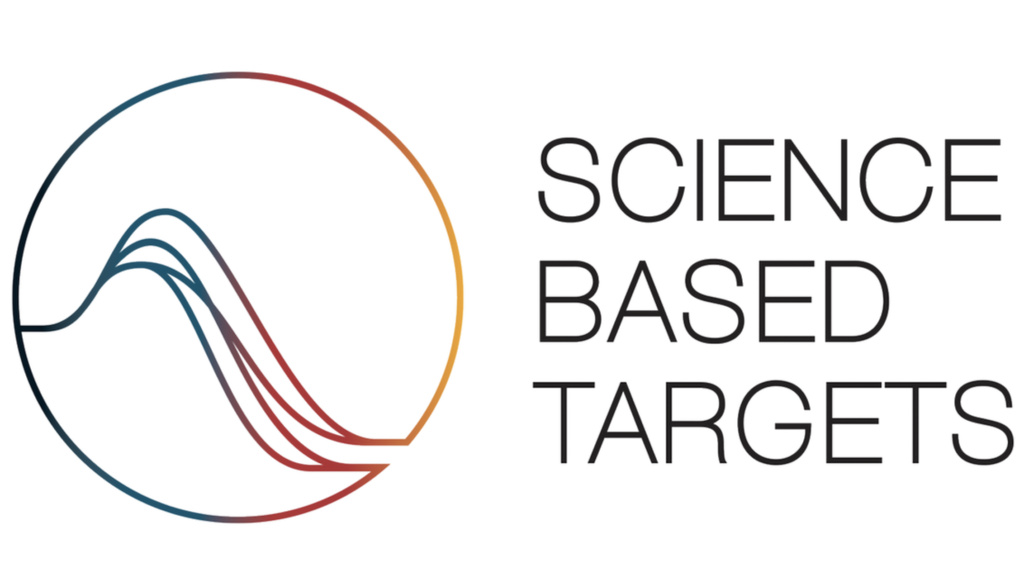
Antoine Guichard, CSR Manager, Heppner
“Joining the SBTi forms part of the Group’s commitment to progress and transparency. We want to be ambitious and credible in our decarbonisation actions, targeting both transport and other areas. Membership of the SBTi will enable us to define all possible decarbonisation avenues (for example, commuting, waste, etc.) and obtain concrete evidence of our results.”

